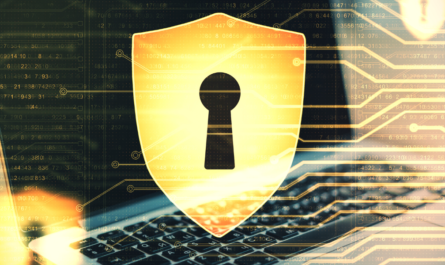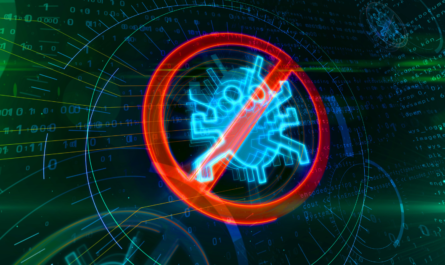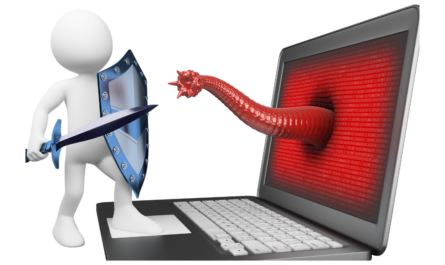Viruses were merely an interesting phenomenon in the early days of computing. They were typically more of a bother than anything else and were mainly disseminated by swapping floppy discs. Viruses pose a significant risk to the safety of your computer and the data saved on it nowadays.
Describe a virus.
A piece of computer code called a virus is made to replicate and spread from one machine to another. Email attachments, file downloads from the internet, and file sharing are all ways that viruses can propagate.
How do viruses work?
Viruses are capable of a wide range of activities. Some viruses aim to harm the computer by erasing files or tampering with data. Other infections are meant to steal data, including credit card numbers or passwords. Other viruses are just made to replicate themselves as much as they can.
How can I determine if a virus is on my computer?
There are various indicators that a virus may be present on your computer. These consist of:
-The speed of your PC is sluggish
- Your computer regularly crashes
-You encounter odd pop-up windows or error messages
-You notice alterations to your desktop or online browser
-Your antivirus software is not functioning properly or is deactivated
How can I keep viruses from harming my computer?
The best way to safeguard your computer from viruses is to set up and maintain an antivirus programme. Computer antivirus programmes check for viruses and eliminate them when they are discovered. It’s also crucial to exercise caution when downloading and opening files. Be sure to scan any files you download before opening them, and only download from sources you trust.




